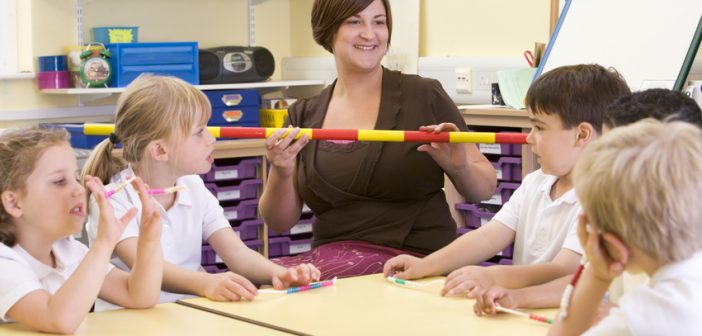What is Dyscalculia?
Dyscalculia is a learning difficulty that affects approximately 3-6% of the population.
It is characterised by difficulties mastering number sense, number facts, calculation and mathematical reasoning. According to SPELD, it includes all types of maths problems ranging from an inability to understand the meaning of numbers, to an inability to apply mathematical principles to solve problems.
Dyscalculia may present with other learning difficulties such as dyslexia, dysgraphia and ADHD.

Signs of Dyscalculia
This condition is not as well understood as other learning difficulties. What is known is that it can present differently in each person. It also tends to become more noticeable as children get older.
Here are just some of the possible indicators:
- Trouble learning to count or remember numbers in the right order.
- Trouble grouping things by size, shape or colour – logical sorting.
- Difficulty reading an analogue clock.
- Can’t remember number sequences such as a phone number.
- May continue to count on fingers instead of advancing to count mentally.
- Trouble recognising number symbols.
- Difficulty learning and recalling basic math facts.
- Difficulty identifying and applying mathematical signs (+, -, x, etc.)
- Difficulty with fractions, measurements and other mathematical units.
- Trouble with solving worded math problems.
- Trouble interpreting graphs or charts.
- Trouble with the concept of money.
Diagnosing Dyscalculia
A formal diagnosis of dyscalculia can be given by a neuropsychologist or educational psychologist after specialised assessments. Schools may do a pre-assessment screen to identify relevant issues.
Treatments and Support for Dyscalculia
There is no cure or medication for dyscalculia. A specialised tutor or educational psychologist can provide therapy supports.
Teaching strategies such as multisensory instruction can help children develop their understanding of mathematical concepts. Special accommodations (or tools) can help in the classroom as well.
There are also strategies you can try at home such as online tools and apps.

